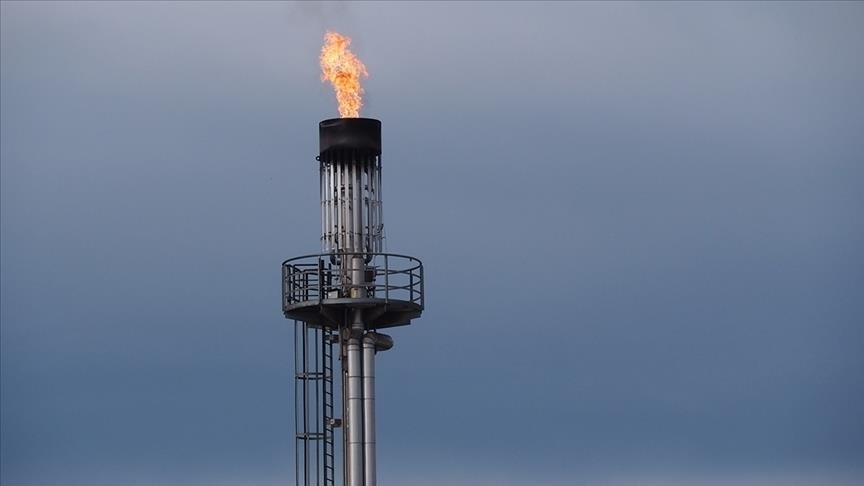
BRUSSELS, July 27 (NNN-AGENCIES) — The European Union member states reached agreement on how to cut their consumption of gas by 15 percent and reduce their dependence on Russian supplies.
“This was not a Mission Impossible!” the EU presidency, currently held by the Czech Republic, tweeted.
“Ministers have reached a political agreement on gas demand reduction ahead of the upcoming winter.”
Czech industry minister Jozef Sikela, whose country holds the rotating EU presidency, said Russian President Vladimir Putin was behind state-run Gazprom’s plan to cut gas deliveries to Europe.
“Putin will continue to play his dirty games in misusing and blackmailing gas supplies,” Sikela said as he arrived to discuss the joint plan with the EU energy ministers in Brussels.
The Gazprom cut, he said, “is just an additional… proof that we have to take the game in our hands and we have to reduce the dependencies on Russian supplies as soon as possible”.
In February, Russia invaded its neighbour Ukraine. In response, EU members have imposed an escalating series of economic sanctions packages on Moscow – only to find their own energy supplies under threat.
Russia’s Gazprom said it is cutting daily gas deliveries to Europe via the Nord Stream pipeline to 33 million cubic metres a day – about 20% of the pipeline’s capacity – from Wednesday.
The company said Monday that it was halting the operation of one of the last two operating turbines due to the “technical condition of the engine”.
But EU commissioner for energy, Kadri Simson, dismissed this claim.
“We know that there is no technical reason to do so,” she said.
“This is a politically motivated step and we have to be ready for that and exactly for that reason the pre-emptive reduction of our gas demand is a wise strategy.”
Last year, Russian accounted for some 40% of EU gas imports.
According to the latest proposed EU plan all member countries should cut gas use by 15% by the end of March in order to compensate for falling supplies from Russia.
But, according to the Czech residency and the EU Commission, exceptions are planned for island states such as Ireland, Cyprus or Malta and countries with no connection to the interconnected gas supply grid.
The ministers met Tuesday in Brussels to agree the plan, with several countries having rejected an earlier European Commission proposal to give Brussels the power to impose gas use cuts in an emergency.
This compulsory measure was designed to protect economic powerhouse Germany, which is dependent on Russian gas. — NNN-AGENCIES





